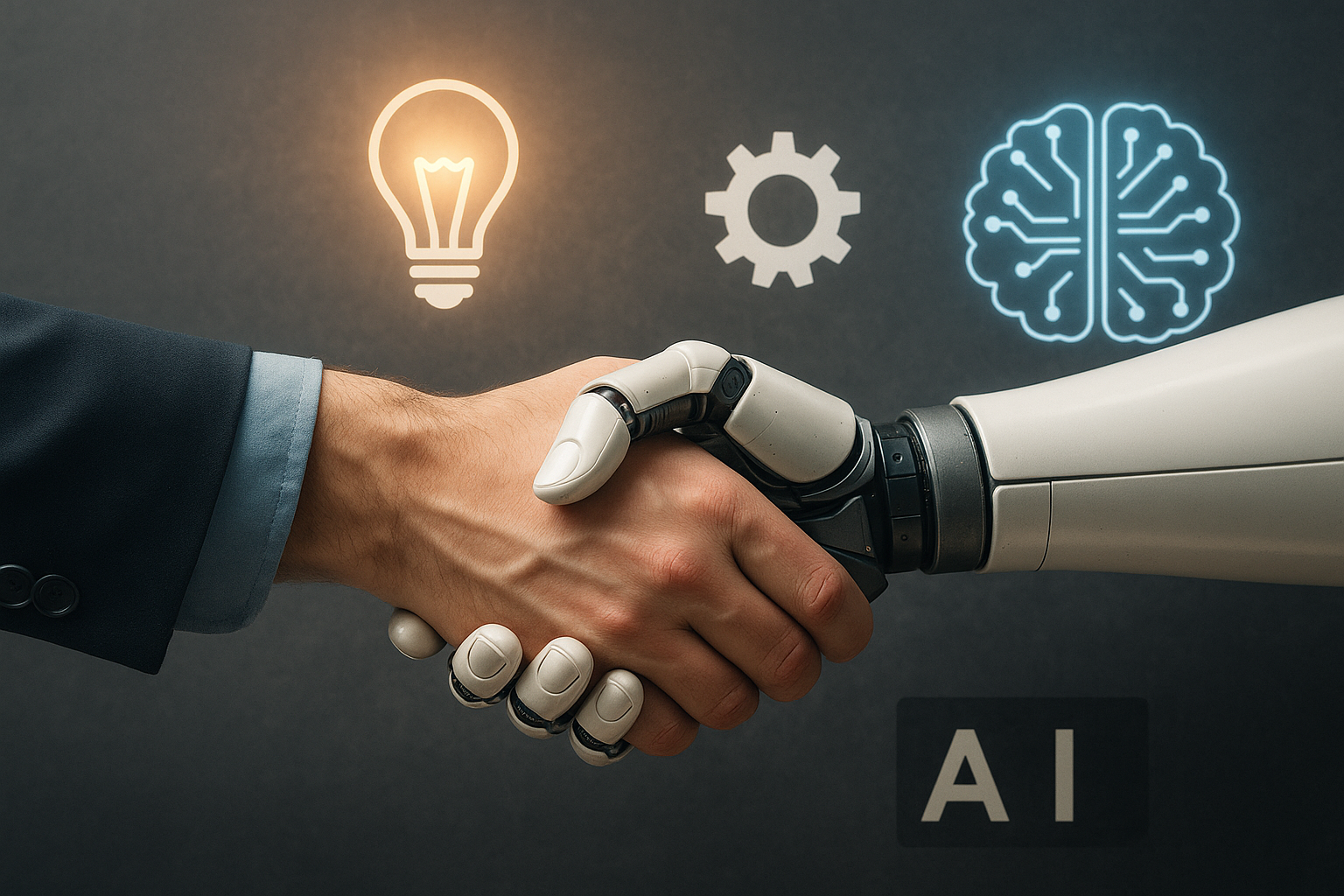Over the last two years, I’ve made a conscious decision to shift a significant part of my focus toward Artificial Intelligence. This wasn’t a trend-chasing move. It was a strategic and almost instinctive choice, because I genuinely believe that AI is the next industrial revolution.
We’re at a Turning Point
Just like steam, electricity, and the internet before it, AI is already redefining how we work, make decisions, and design systems. What sets this revolution apart is its speed. It’s not waiting for mass adoption, it’s happening now. And companies that fail to adapt risk becoming irrelevant.
This is not a scare tactic. It’s a reality. Organizations that understand the role of AI, how it can enhance productivity, automate decision-making, personalize user experience, or unlock insights from data, are going to lead. The others? They might not survive this transition.

EUC as a Temporary Bridge
Coming from an End-User Computing (EUC) background, I see a temporary but vital role for EUC in this shift. Legacy applications and infrastructure still exist, and access still matters. EUC solutions like Citrix or VMware Horizon can bridge the gap by offering seamless access to AI-powered tools, even when the underlying systems weren’t built with AI in mind.
But make no mistake, this is an interim state. The future isn’t just virtual desktops running legacy apps. The future is autonomous agents, intelligent copilots, and decision-making pipelines. EUC will help us get there, but it won’t be the endgame.
Why It Feels Like the Early Days
There’s something thrilling about this moment. It reminds me of the early Citrix and VMware days, when everything was new, nothing was certain, and we were building the plane while flying it. That same excitement is here again with AI. I’m reading, experimenting, building, breaking, and learning something new almost every day.
That kind of curiosity-driven momentum is rare in a mature tech career. And it’s a strong sign that this is where I’m supposed to be.

Looking Ahead
I’m not just learning AI. I’m investing in it, architecting solutions with it, and helping others navigate it. This isn’t a passing interest, it’s the foundation of how I believe the next decade of IT and business will evolve.
If you're not exploring AI yet, you should ask yourself why. And if you are, welcome aboard. We’re just getting started.






